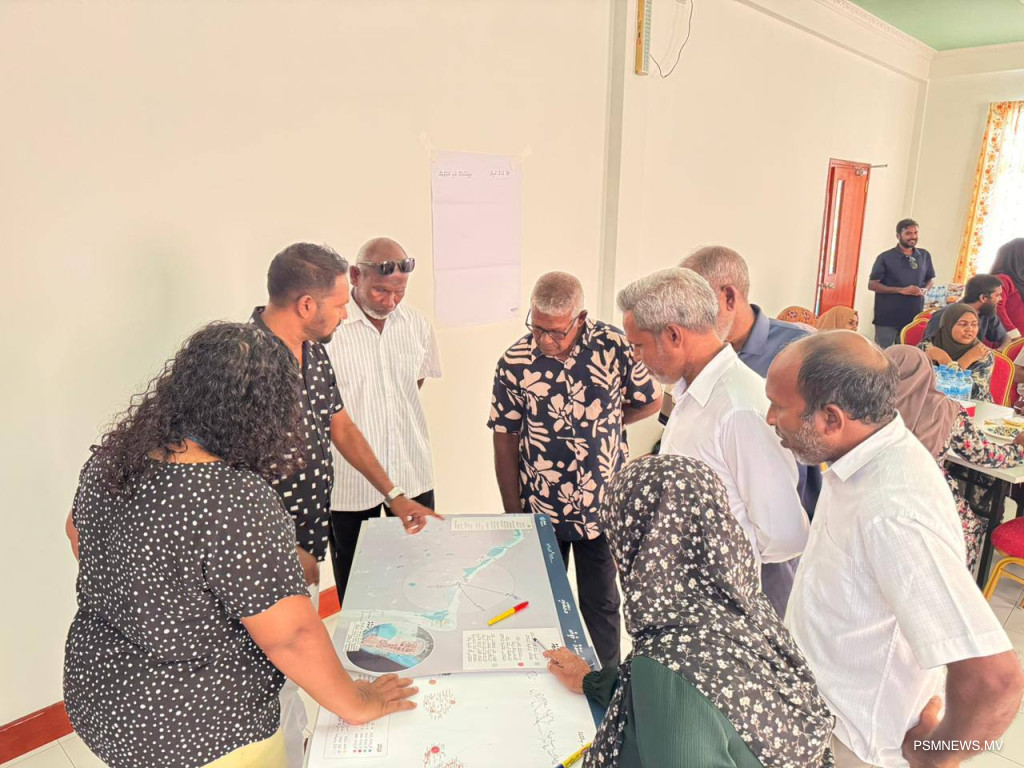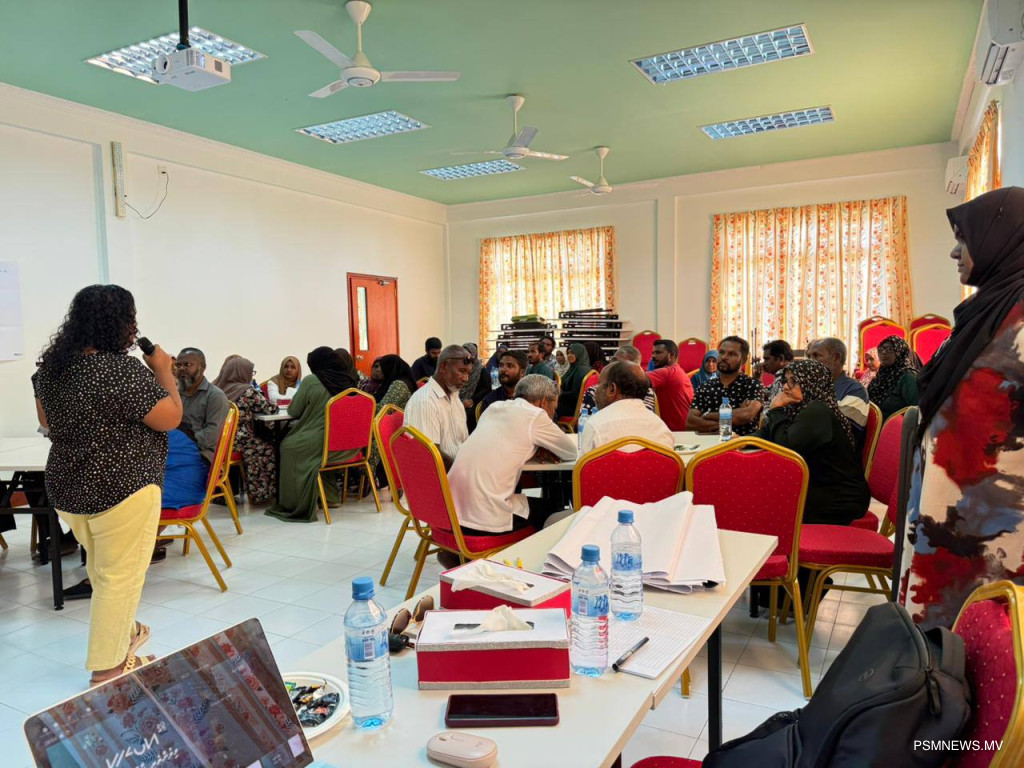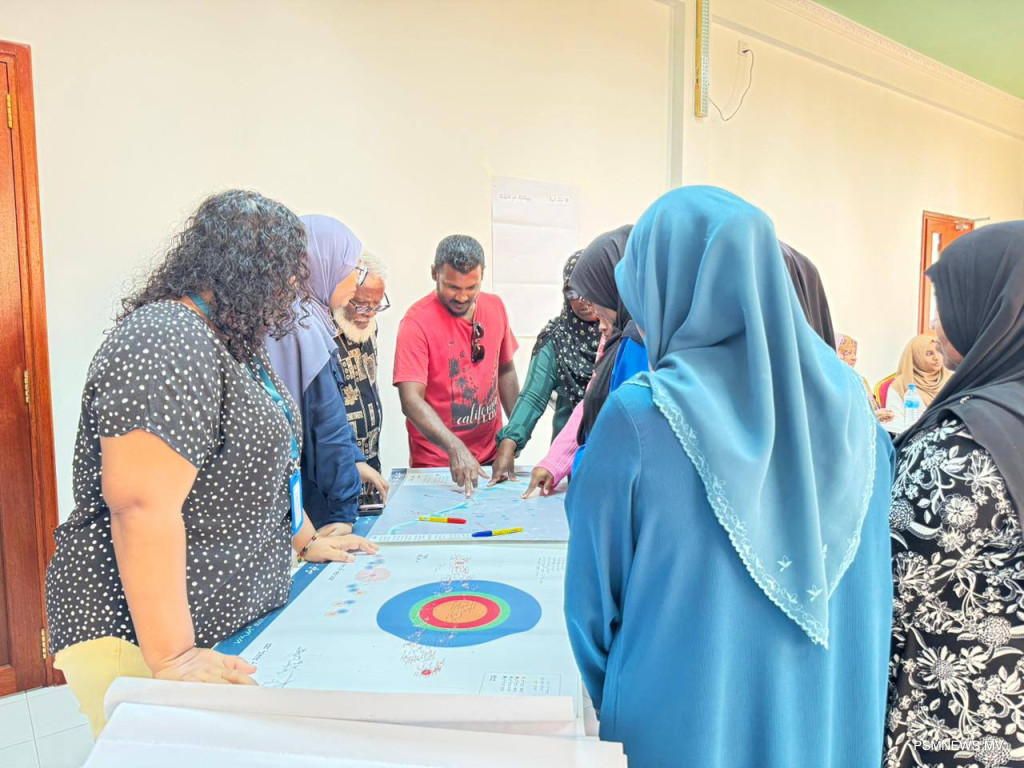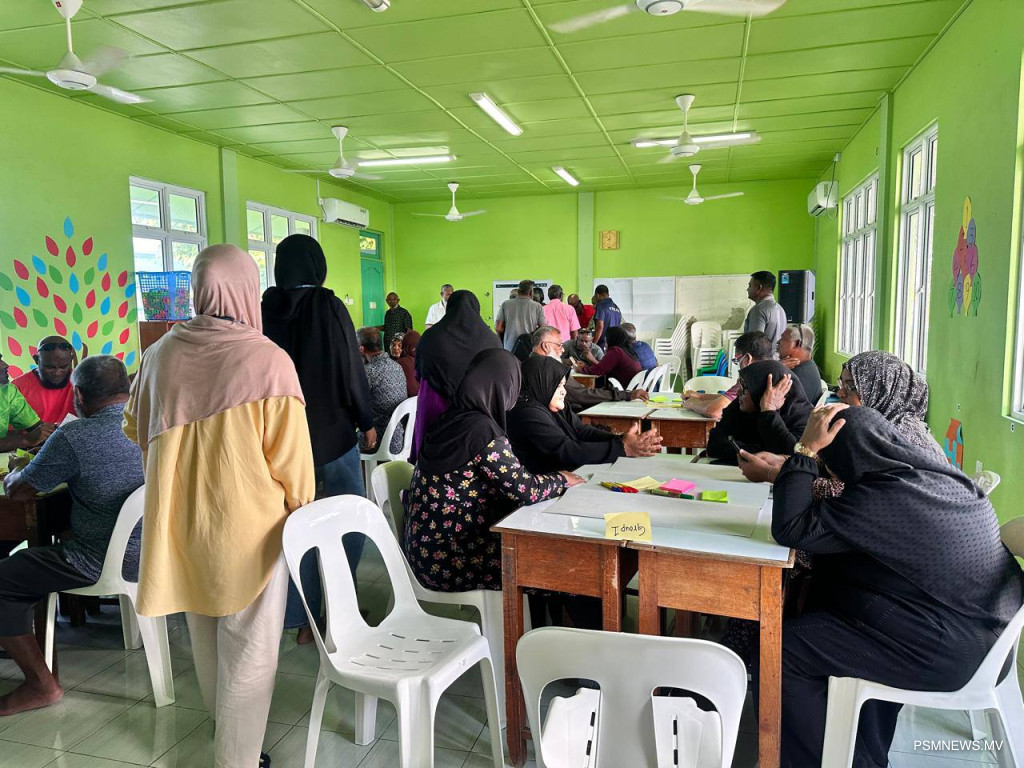
The government has completed consultations in 50 islands across nine atolls, part of a sweeping effort to shape a 20‑year development plan intended to guide the nation’s future well beyond the span of any single administration.
The initiative, known as 'Viluntheri Raajje 2045', translated as 'Resilient Maldives 2045', was launched on 17 September. At its centre are community meetings branded 'Kurimagu Salla', or “future dialogue”, designed to gather views from every inhabited island and forge a unified national vision.
According to the Viluntheri Raajje Team, which is managing the process, the consultations have already covered all inhabited islands of five atolls: Addu City’s six islands, Fuvahmulah City, Haa Alifu Atoll’s 15 islands, Vaavu Atoll’s five islands, and Alifu Dhaalu Atoll’s seven islands. Work is continuing in Gaafu Dhaalu, Meemu, Laamu, and Lhaviyani atolls, with officials pledging to reach every community in the country.
The plan is conceived as a strategic roadmap for the next two decades, accounting for demographic shifts, lifestyle changes, environmental and infrastructural pressures, and the accelerating influence of technology. By embedding these factors into a single framework, the government hopes to ensure continuity and resilience, insulating national development from the volatility of electoral politics.



Participation has been deliberately broad, with island and atoll councils, government institutions, public associations, non‑governmental organisations, local businesses, and private citizens all invited to contribute. Officials say the inclusive approach is meant to capture perspectives from the grassroots and ensure the plan reflects the aspirations of communities nationwide.
The drafting has been outsourced to Nexia Maldives, a private consultancy firm, under the coordination of the President’s Office and the Ministry of Finance and Planning. The government has set an ambitious timetable: consultations are expected to conclude by the end of October, with the completed plan scheduled for launch in January 2026 and full implementation by June of that year.
